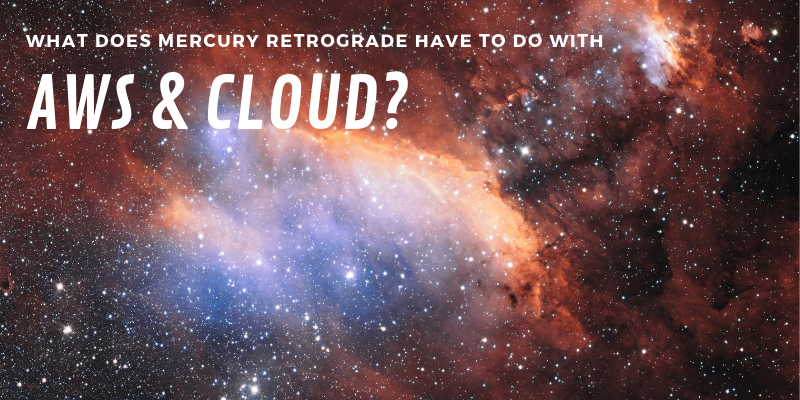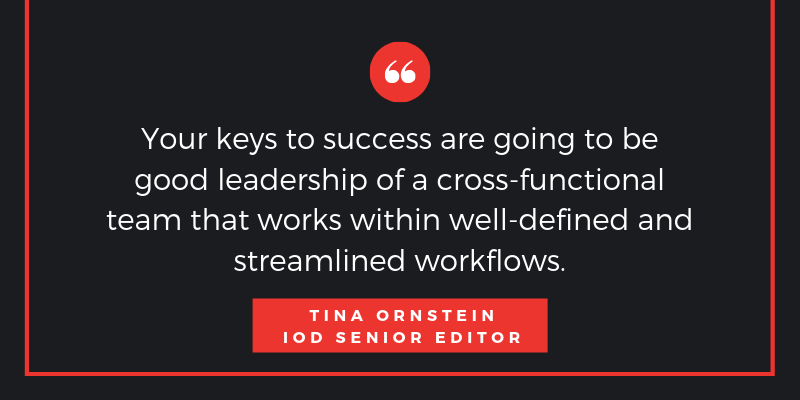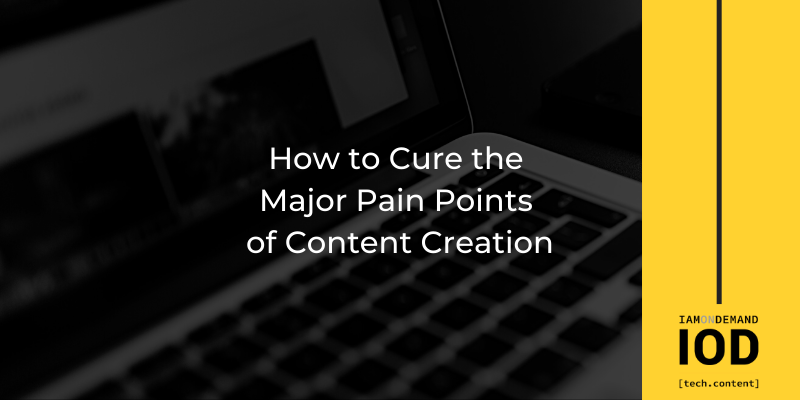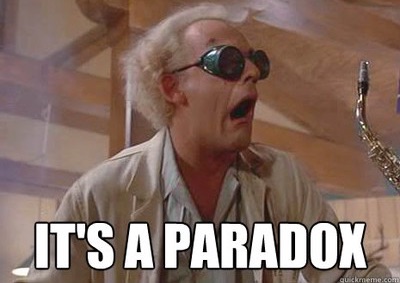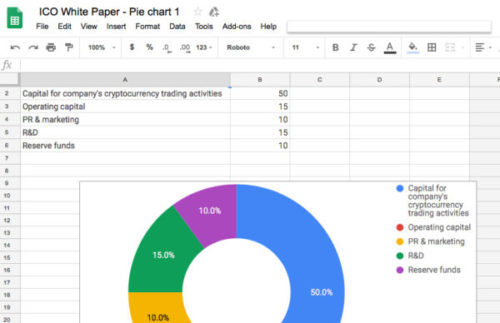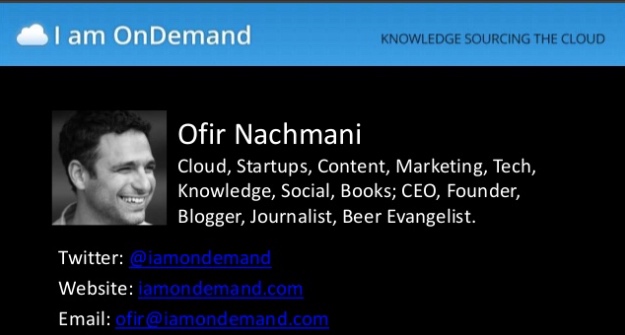What Does Mercury Retrograde Have to Do With the AWS Summit?
In New York this Thursday I’ll be attending my third AWS Summit in that city. I’m not sure about you but for me, when an annual professional event approaches, I often reflect on how much I’ve matured professionally or in a particular role since the last event, and the one before that, etc. In 2017, I had just recently moved back to New Jersey from Israel, and at the same time had begun transitioning from being responsible for the company’s editorial team to cultivating new business and strategic partnerships in the U.S.
For those of you who have been in the same industry forever — especially if you are a tech professional — it may be difficult to recall what it’s like to walk into a large event where everyone seems to know each other or at least speak the same jargon, and you don’t.
(more…)
